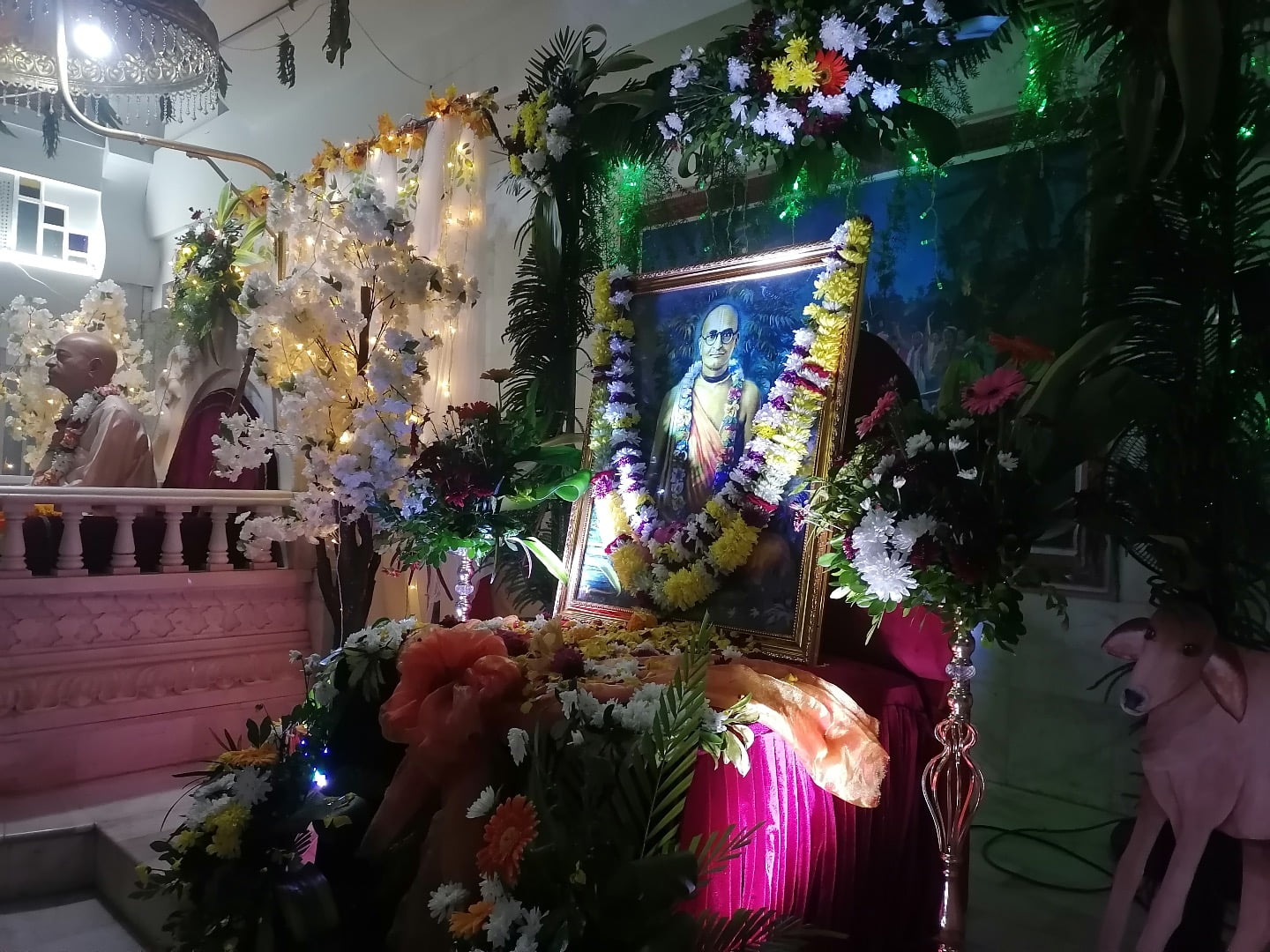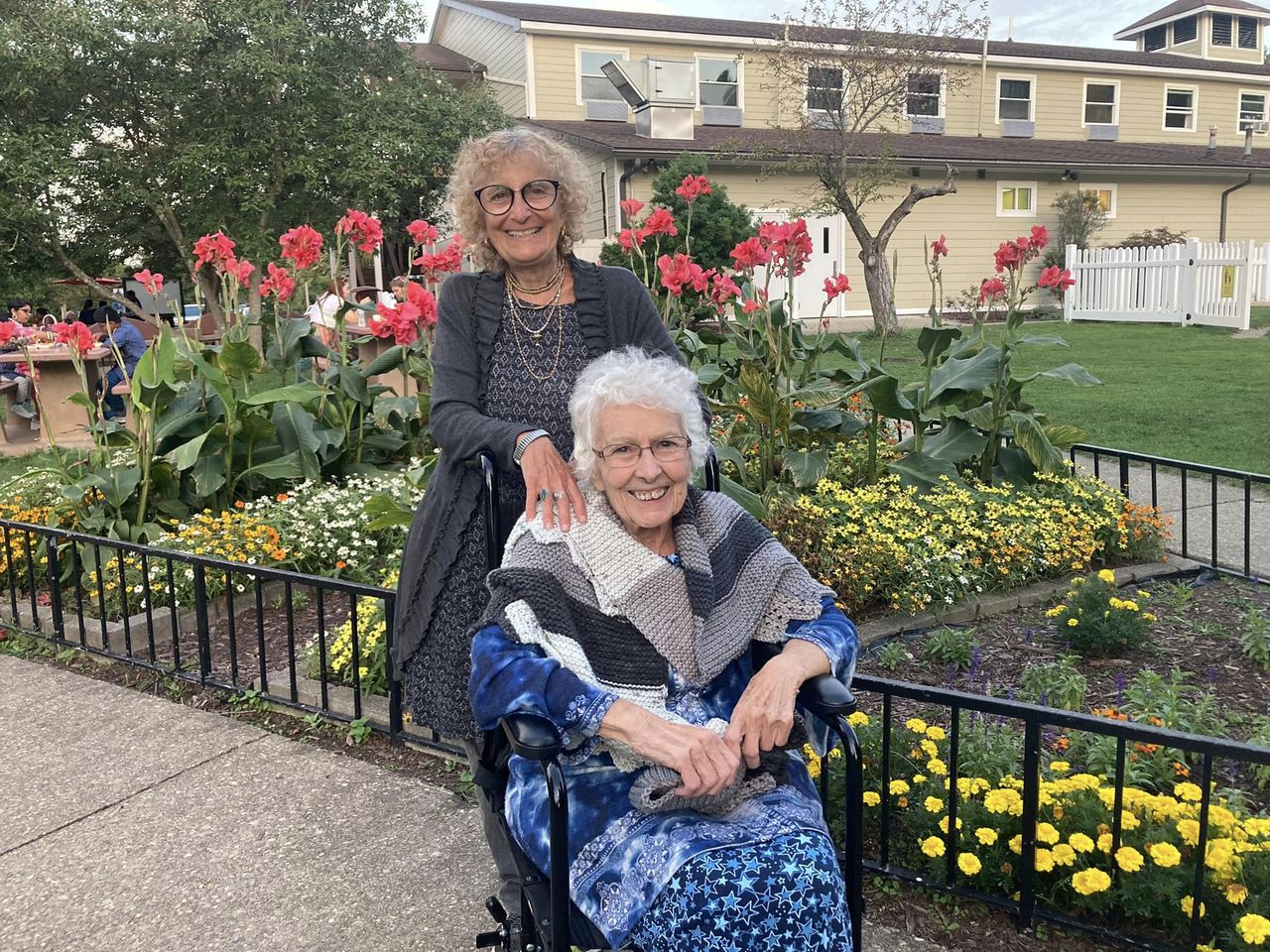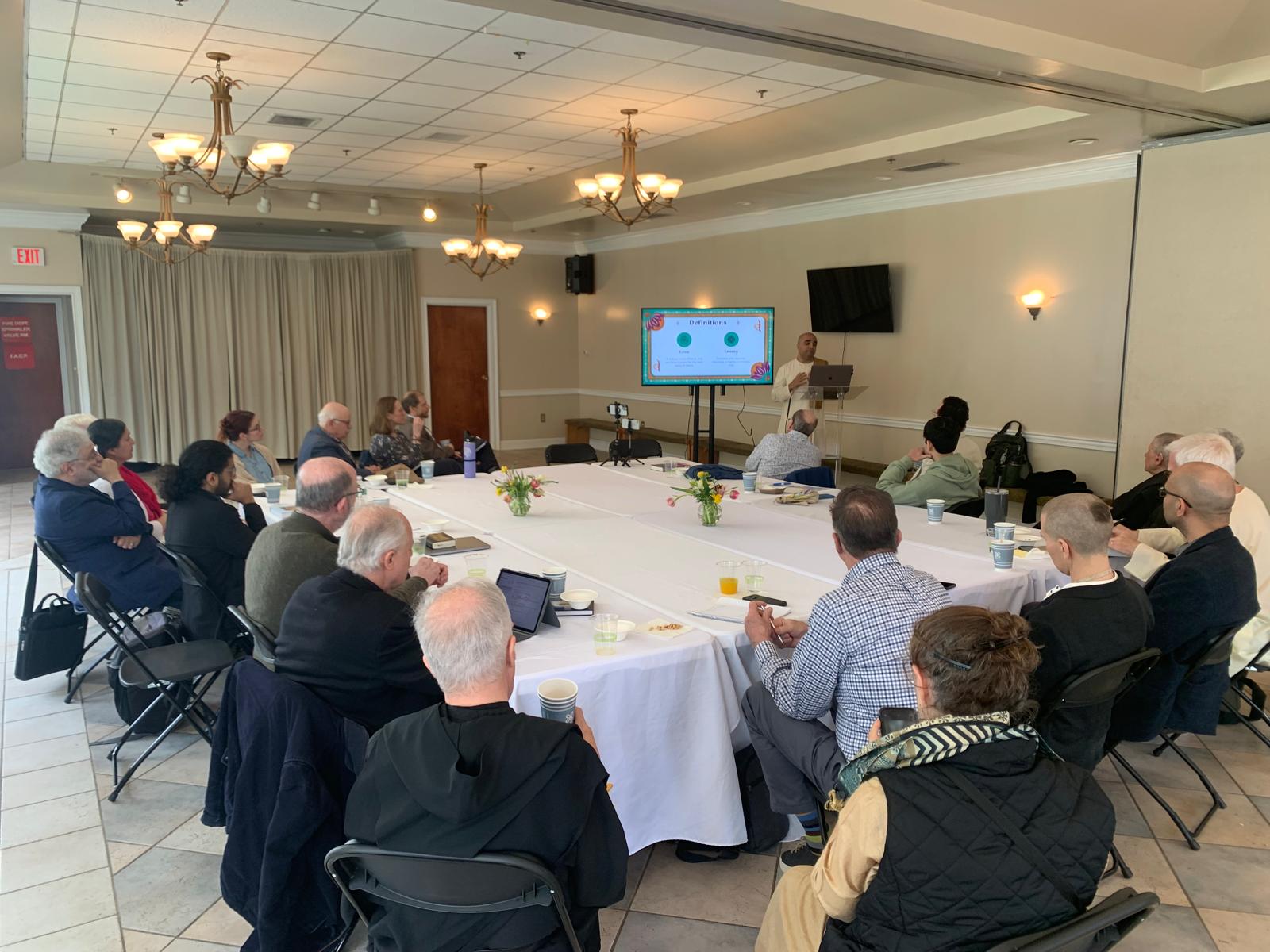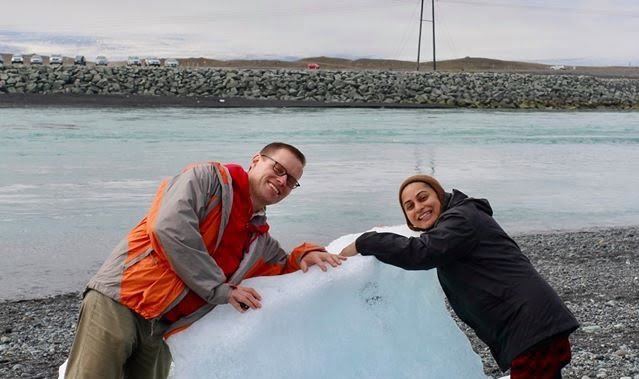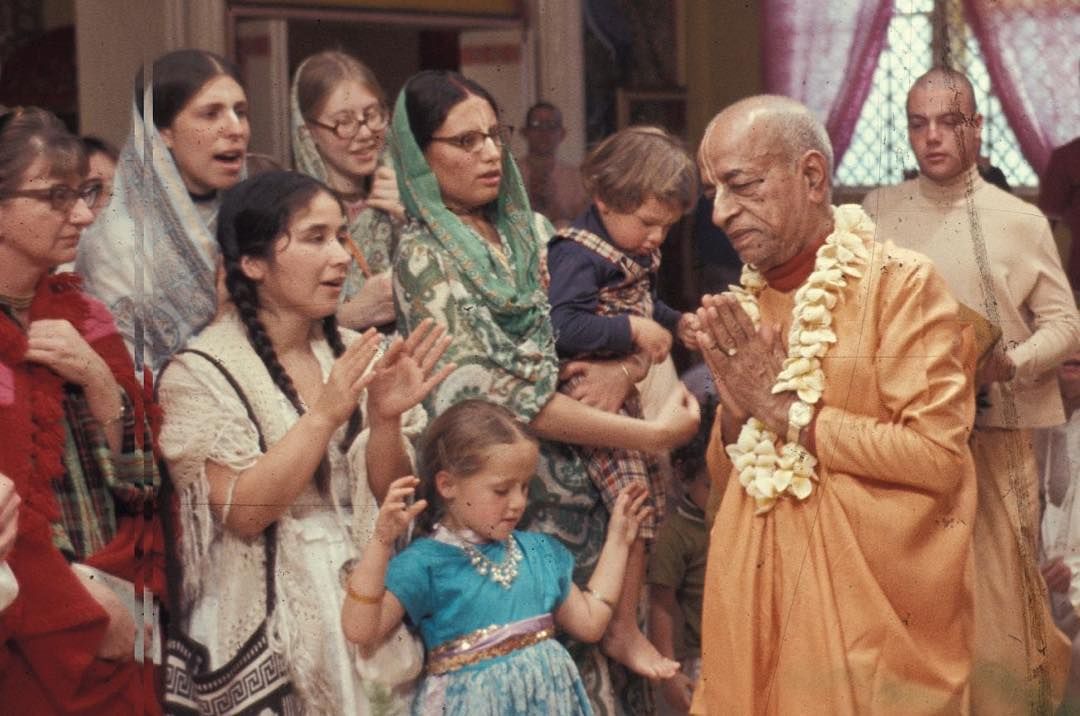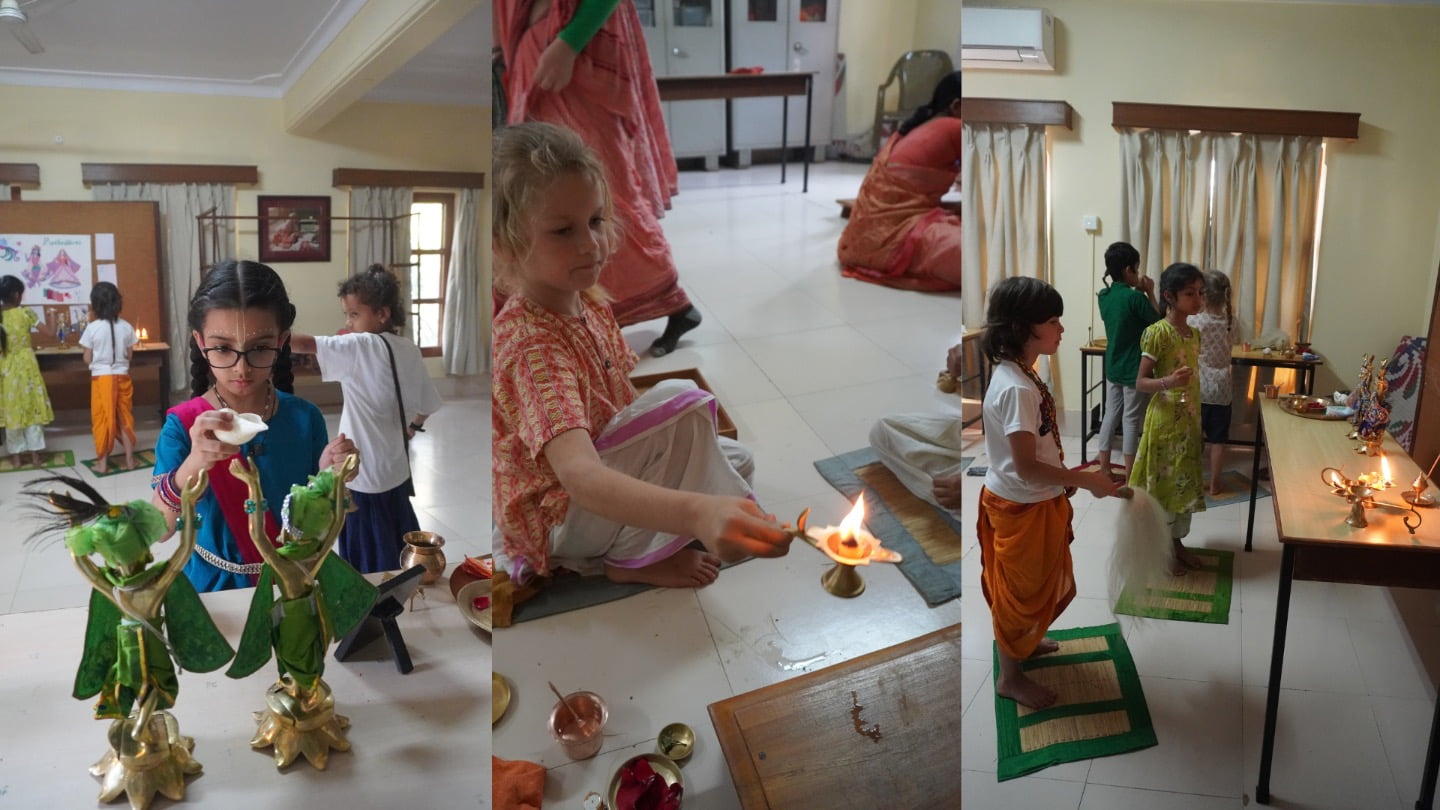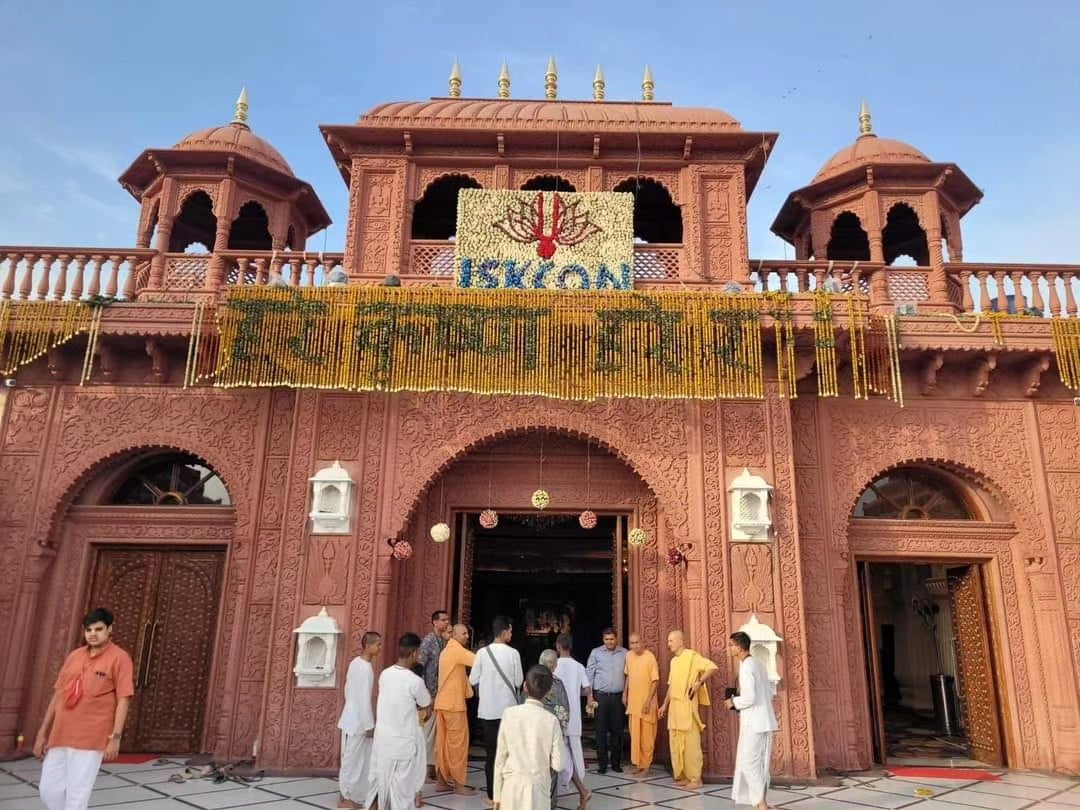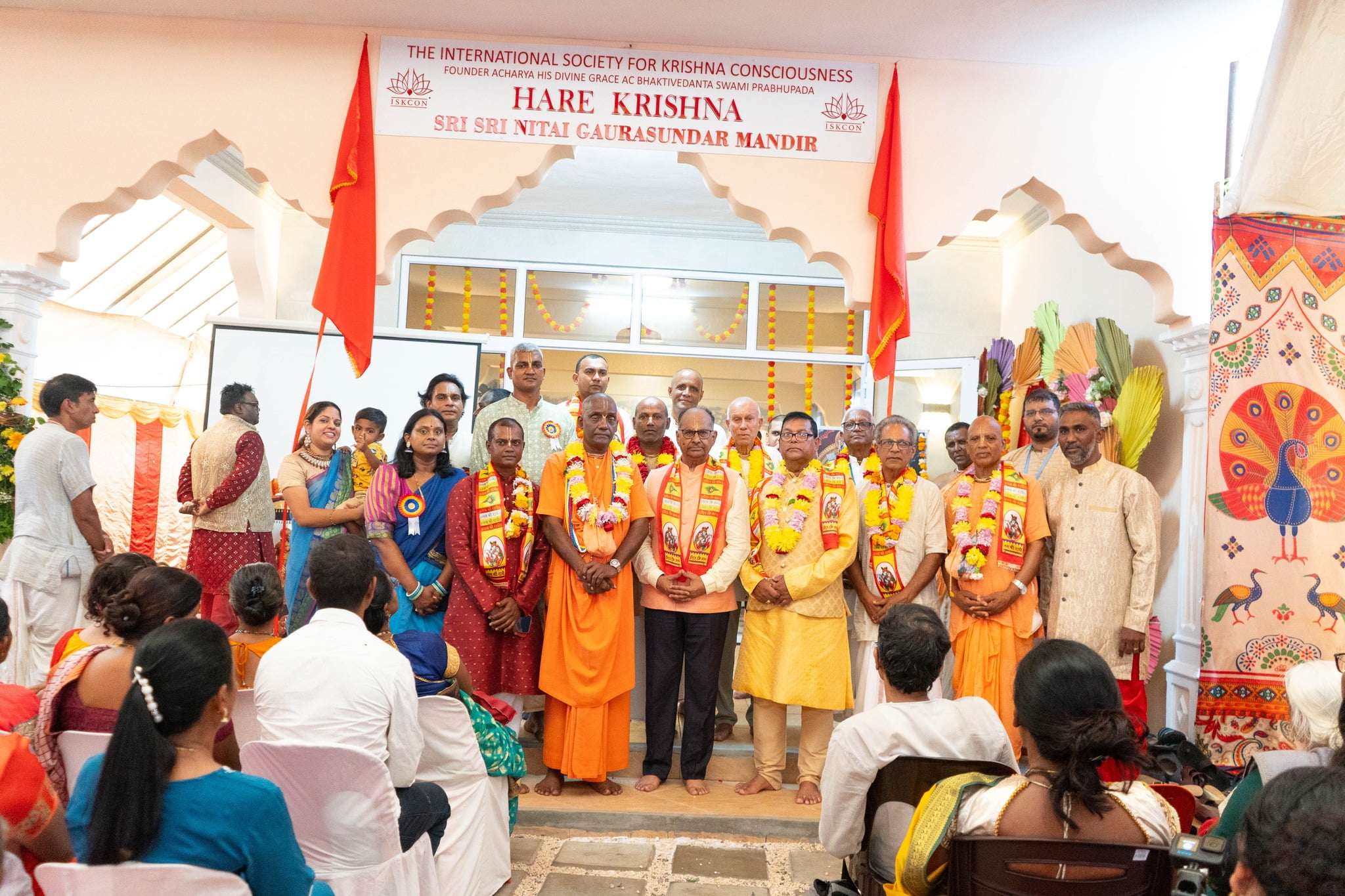National Child Protection Training in India
By Gandhari Dasi | Sep 20, 2012
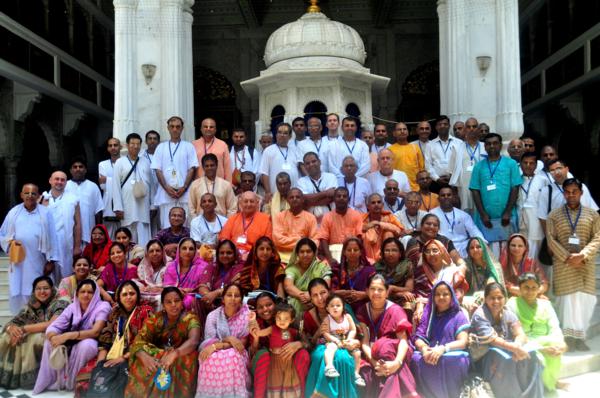
The ICOCP (ISKCON’S Central Office of Child Protection) was established by ISKCON’s Governing Body Commission to create and ensure a safe, healthy and abuse-free environment for ISKCON’s children to thrive in.
Over the years the ICOCP has been conducting awareness and training programs for devotees to be proactive within their School / Congregation / Temple / Community in the prevention of abuse of any kind.
A National Child Protection Training Seminar was held in Mumbai from August 23rd to 26th 2012. The 90 attendees were from various ISKCON centers, schools and congregation of India. It was ably presented by Champakalata dasi, International Director of the ICOCP.
The term ‘abuse’ is enough to make one want to cringe. To attend 3 days of constant talks on abuse, studying cases, watching videos, all with the aim of preventing it from happening in ISKCON society was a huge austerity, but the sense of commitment of all attending devotees to make the community a safe one for the children gave them forbearance to deal with it.
Champakalata Dasi’s presentation covered a wide range of topics, including the definition of abuse, ICOCP’s area of jurisdiction, the role and responsibilities of Child Protection Team (CPT) members, interviewing skills, the internal disciplinary steps that must be implemented as well as the need to report to secular legal authorities, networking with relevant service providers and how to educate the various audiences within the community (children, parents, teachers, et al). Her presentations were interspersed with relevant videos, role play exercises, group work and worksheets.
She made a clear point that abuse is a rampant disease not limited to a region, country or race but widely prevalent as a social illness.
Various prominent guest speakers also presented striking power point presentations on the various facets of dealing with abuse and its glaring reality. On the first day, Ms. Svati Chakravarty Bhatkal, Co-director of a trail blazing social awareness program on TV, ‘Satyamev Jayate’ (Watch Episode 2 on www.satyamevjayate.in)
Ms Chakravaty Bhaktal drove home the reality of the statistics of abuse cases when she recollected her various encounters during her research for the TV show, emphasizing how abuse is shrouded in secrecy and the bitter reality that most of the victims’ abusers were known to the victim as trusted family or friends. She further described how, after the show which was presented by well-known actor, Aamir Khan was flighted on TV, thousands of victims wrote in, many stating that they were disclosing their abuse for the first time. This show created a revolution in India, empowering victims of abuse and created an impetus for parents to educate their children to prevent abuse.
The next day Mrs. Samindara Sawant, a Clinical Psychologist, who runs a Counselling and Testing Centre, DISHA, spoke about the deceptive faces of an offender and the need to train our children to guard themselves against them. She also gave an insight on counselling and how to support abused children; how to break the cycle of abuse and the risk of recidivism as well as managing the abuser.
Dr. Asha Bajpai, Professor of Law and Dean of the School of Law, Rights and Constitutional Governance, Tata Institute of Social Sciences, another of our eminent guest speakers, gave a legal perspective of laws dealing with offenders and rehabilitation of children in Indian Society. She further discussed the legal recourses available to victims and the proposed changes in legislation, of which she is a member of Parliament’s drafting committee. Dr Bajpai, is also currently assisting the Mumbai High Court in the matter of sexual abuse of children in the Thane and Panvel Orphanages. Her first hand description of how she used the simple strategy of giving the victims crayons and paper to draw what happened to them (as opposed to the over questioning that they had already been exposed to) was very insightful.
The final speaker was Ms Sneha Kupekar, Assistant Program co-ordinator from Childline Services in India who have tied up with the Ministry of Welfare for Women and Children to provide a free 24 hour helpline for reporting of abuse. She explained the process that takes place from the moment that a disclosure is made and also informed attendees that her organisations undertakes training of teachers, parents and children in various schools across India. She provided useful training skills for the participants.
While every attending ISKCON devotee returned to their temple with a firm commitment of forming a Child Protection Team in their vicinity, twenty devotees remained behind for the fourth day of the seminar which involved training them to serve as Child Protection Review Panel members. Apart from traversing the relevant parts of the ICOCP’s Policy and Procedure manual, they engaged in a case study, practical exercises and discussions.



